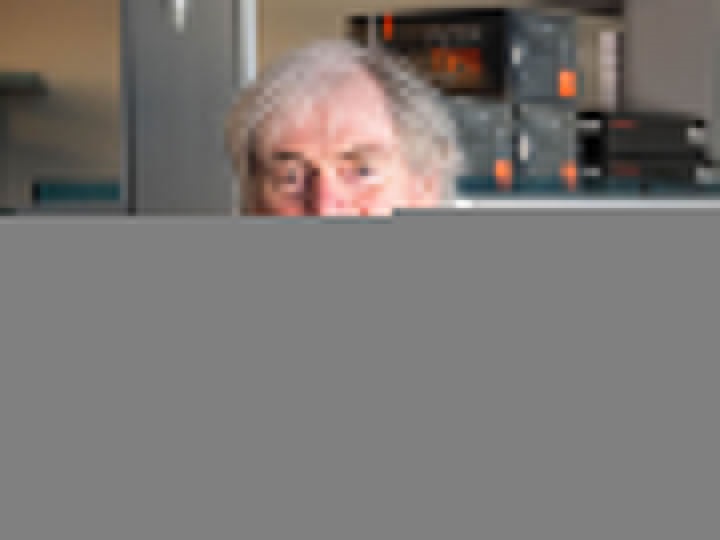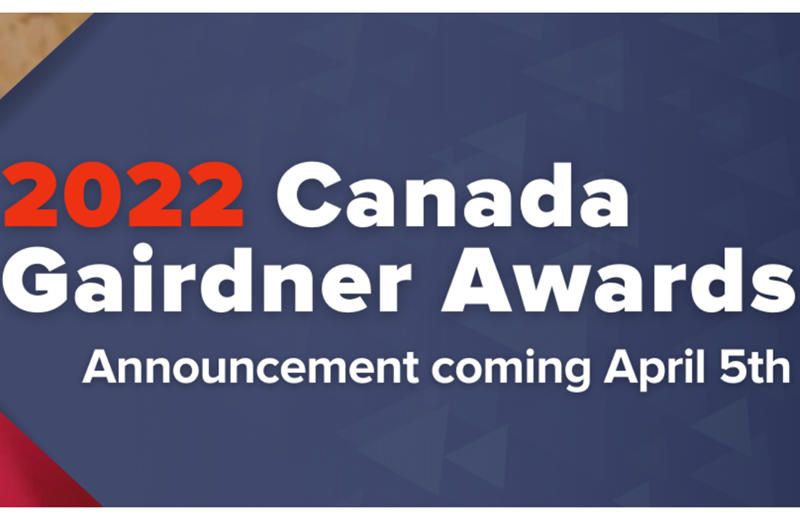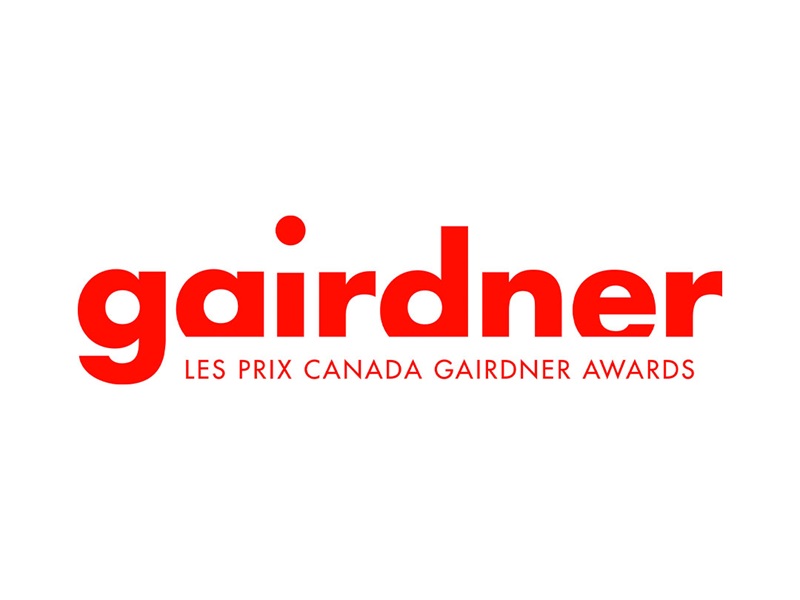In-Conversation with the 2022 Canada Gairdner Award Laureates

The arrival of spring means the Canada Gairdner Awards - an annual celebration of some of the world’s most significant biomedical and global health research and discoveries.
On April 5th, the Gairdner Foundation announced the 2022 Canada Gairdner Award laureates during a live virtual event.
2022 Canada Gairdner International Award:
Drs. Stuart Orkin, John E. Dick, Pieter Cullis, Katalin Karikó, and Drew Weissman
2022 John Dirks Canada Gairdner Global Health Award:
Dr. Zulfiqar Bhutta
2022 Canada Gairdner Wightman Award:
Dr. Deborah J. Cook
As part of the event, Gairdner President and Scientific Director Dr. Janet Rossant sat down with the seven laureates to talk about their careers, what trials and tribulations they faced along the way, and advice for early-career scientists. Here’s a snapshot of the conversation.
Question: What kept you working on your research over the years and what were the biggest setbacks along the way?
Dr. Stuart Orkin: I like to solve puzzles. For many years, those of us in the globin field have been trying to figure out how this switch takes place between fetal and adult. I’m persistent and I like to see things to a solution. That's partly what kept me going, but also it's important for the patients with these disorders. They need persistence in the laboratory to solve these problems. When the press covers discoveries and breakthroughs in treatment, you see the tip of the iceberg, you don't see the part of the iceberg below that really makes the difference.
Dr. John Dick: The key work I did as a Postdoc was to put genes into stem cells as the beginning of gene therapy - it was going to be the revolution in the 80s. It worked beautifully in the mouse, but we could always fail to put genes into the cell that engraft into the mouse. The trainee kept trying and trying until we stepped back and thought about the data. We realized that the way to put gametes into progenitor cells is very easy and works beautifully, but actually it was a different cell that wasn't a progenitor cell. For us, it was a setback that we couldn't put a gene to the cell, but it was the aha moment that we had a different cell from any other cell in the bloodstream. Lemons into lemonade.
Question: Dr. Cook, what made you so committed to evidence-based medicine?
Dr. Deborah Cook: When I began my career looking after the sickest patients in the hospital, most of what we knew was based on the path of physiology - often animal data that didn't have that much to do with critically ill patients. When we began in Canada, we knew we had to study patients, not a single problem, organ or disease, but critical illness broadly. While we may learn more from the challenges and setbacks than successes, I think we do need a long-view and clear-view. Something important in science, I believe, is acknowledging the role of humility because that can help us understand when to step back, maybe stop, take another look, re-train, try to work with new collaborators, etc.
Question: We have seen the gap between scientific achievements and acceptance of some portions of the public of emerging therapeutic strategies, in this case vaccines. What is our role as scientists and how do you approach this issue?
Dr. Drew Weissman: I spend a lot of time on nights and weekends talking to lay audiences trying to explain to them why the mRNA vaccine is safe and effective, and why they need to take it. 20 years ago, a small percent of the population refused to take vaccines. I think times have changed, and social media has made vaccine acceptance much more questionable. I don't know how to address this, and that's one of the most challenging things in my life right now.
Dr. Zulfiqar Bhutta: My biggest challenge as a global health researcher is the enormous vaccine inequity we face. Less than 10% of low income countries have received any form of vaccines, and if they have received supply, they typically are not the best vaccines such as mRNA. The big challenge that we have is how do we, as a global community, work toward vaccine equity. This was the situation we had with childhood vaccines decades ago. At that time, vaccines were not available to many children in low and middle income countries. I remember when my son was born I actually bought the vaccine in North America to take back home. Today, those vaccines are available to every child in the world through a concerted mechanism. With Covid its early days and despite COVAX, I think we haven't really explored the opportunities and mechanisms for making these available to everyone who needs them.
Question: What are the biggest impediments to research and what can be done to alleviate those?
Dr. Katalin Karikó: Most of [the impediments] are actually within the scientist. What I have seen in young scientists is that they do the research and they want to please the supervisor or the company instead of just focusing on solving problems. If you try to please the boss, then you’re set up for disappointment.
Question: What advice would you give to early career scientists?
Dr. Deborah Cook: The importance of working with individuals who don’t think in the same way as you do. Make sure you keep an open stance and talk to and listen to people with new ideas and new ways of looking at things. Then paralleling that to dogged determination.
Dr. Pieter Cullis: All of the molecular biology that we have built over the last 70 years can now be used in a very direct way therapeutically. This is an enormous opportunity for younger people since this would be the third generation of pharmaceuticals being developed. First generation being small molecular drugs, second generation biologics and now we have these gene therapies that can go after the vast majority of diseases directly. For students in life sciences, this is the golden era and it is extraordinarily exciting.
Dr. Stuart Orkin: I recommend following something you think is interesting and not what the mainstream is doing. If it is interesting, it may become the mainstream later.
Dr. John Dick: Find a good question and stick with it. At the end of the day that can be a whole career to sort that out. In our case, it's the question we were given from James Till and Ernest McCulloch, which is what makes a stem cell a stem cell? 30 years later we are still really asking that in one way or another.
Dr. Drew Weissman: We need to look beyond our communities. We need to look worldwide to regions of the world where education, rights and access is limited. We need to extend science and the ability of people to get into science. There are brilliant scientists all over the world and we need to figure out how to give them access into research and science.
Dr. Katalin Karikó: Find something you like. If you like to be challenged, excited, and solve puzzles, then they should select science. Do something you love and you won’t need a hobby.












-min-(1).tmb-cfthumb_fb.jpg?Culture=en&sfvrsn=ef561fc0_1)

